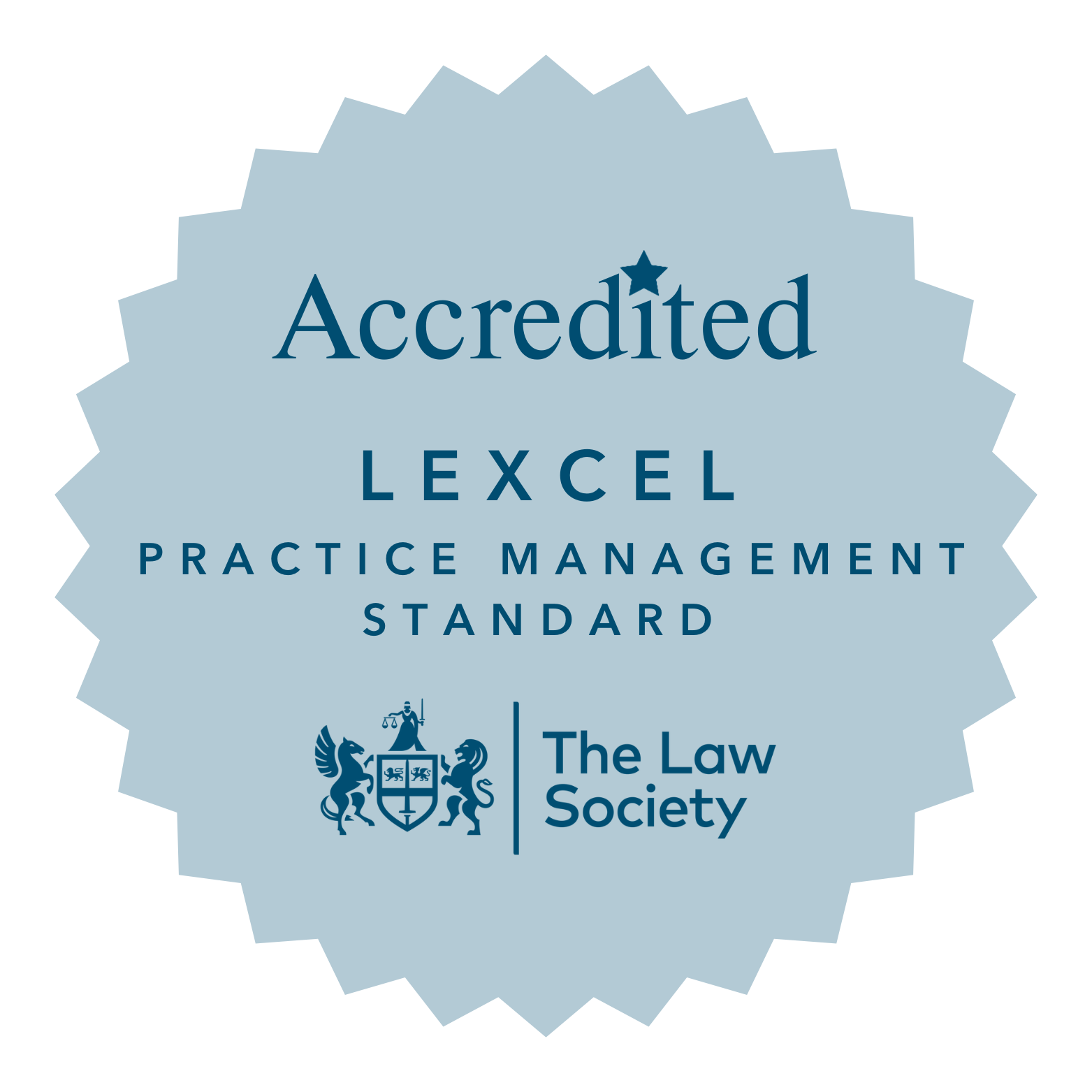Insights
What is a Clean Break Order?

Divorce has significant financial implications for the parties. Each party will have a different view of what should happen to the assets and sometimes debts accrued during the marriage. What happens? The Court has significant powers to make Orders that fit the particular case before it.
When divorcing, arguably one of the most important Orders to consider is a Clean Break Order. You may well have heard this referred to but what does it cover? It is simply put, the Order made by the Court that enshrines the financial settlement between a couple to ensure that there is no further financial relationship between them. It is used by the Court for those who are divorcing or ending a civil partnership.
Most usually, orders are made on a consensual basis after the parties have agreed the terms of their financial settlement (Financial Consent Order). Sometimes however, where agreement cannot be reached, the Order maybe imposed by the Court. This will be when the parties have been involved in litigation through the Courts. These Orders are legally binding once either handed down in judgment by the Court or, where Consent Orders are concerned when the Court approves it. The Court will always be concerned as to the ‘fairness’ of the settlement. This will be undoubtedly different on a case-by-case basis. Therefore, consideration is given to the parties’ assets to include any savings, investments, properties or pensions that either party may have. It may include the need to ensure spousal maintenance is paid to one of the parties. The Court can also make an Order for the sale of property held; or transfer of property between the parties. There may be consideration of lump sum payments, and also pension sharing. The Court can also order that one party pay the other party spousal maintenance, which is usually in the form of a regular monthly payment.
The Court has the power to approve the Order or disallow the Order if it is not satisfied as to the terms enshrined. The Court may request more information from the parties before approving the Order in that case.
Ultimately, once the Order has been approved by the Court, both parties will then have secured a financial settlement.
If you need advice, contacting us is simple; call now on 0333 231 6405 where a friendly member of our team will be happy to help. Otherwise you can contact us via admin@cjch.co.uk or view of easy to use website at www.cjchsolicitors.co.uk





